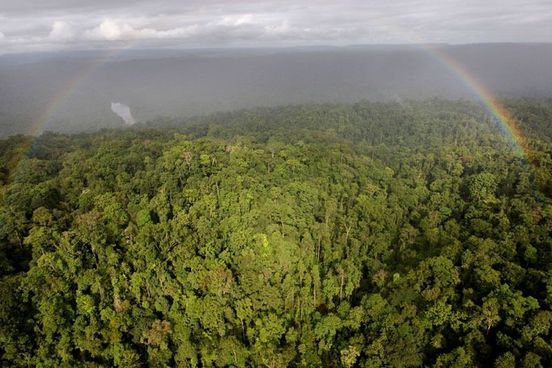Prime Minister (PM) James Marape has voiced his disappointment with the global response to climate change, explaining his government’s decision to skip the COP29 Climate Summit in Azerbaijan.
In a live interview on BBC World News, Marape criticized the lack of commitment from major polluters and shared his concerns about the ineffectiveness of recent climate conferences.
Prime Minister Marape, speaking on Wednesday afternoon PNG time, expressed a resolute stand on forest conservation and PNG’s role in addressing climate change. He explained that despite his respect for the COP organizing bodies, he had lost faith in the process due to the ongoing inaction of high-emission nations.
“We’ve been talking a lot about climate change-related issues,” Marape said, noting a troubling trend of empty promises from industrialized nations and industries.
“There’s no commitment on the table, especially by those who hold the biggest carbon footprint,” he asserted.
Marape further explained his decision not to attend the conference, emphasizing that PNG will no longer tolerate such inaction while its people suffer the dire impacts of climate change.
“It is to this backdrop that causes me not to attend COP29,” he said, clarifying that his decision is not a stance against the host nation.
He continued, “With the greatest respect to the organizing, host nation – nothing against them – but on the principle that big, industrialized nations are not serious in putting down money where the mouth is, committing to keeping temperature (global) below 1.5 Degree Celsius, switching off any fossil fuel-fired electricity and energy sources and transiting to cleaner energy alternates, as well as the greatest thing in my view – preserving of forests.”
Marape emphasized PNG’s significant contributions in forest preservation, which he believes are essential to combating climate change.
PNG, along with other rainforest nations, has reduced deforestation by 53 percent since signing the Paris Agreement in 2015.
However, Marape lamented that PNG has received no financial support in recognition of this contribution.
“To this day, we haven’t received a dime for that effort,” he said, underscoring the lack of results-based payments promised under the Paris Agreement.
“In PNG, land is owned by indigenous communities. So, without those promised payments, deforestation is going back up.”
Looking ahead, Marape expressed hope that next year’s COP30 in Brazil will be more effective in delivering tangible results for forest preservation and climate action.
Reflecting on previous conferences, he said, “I have seen nothing that gives me confidence in the process since COP26 in Glasgow.”
“The last three COP meetings have gone around in circles, producing no tangible results for small island states.”
“Europe, USA, China, and India need to pay for the eco-services that rainforest nations provide them and their people.”
“I look to COP30 in Brazil to secure a real result for rainforest nations.”
Marape’s absence from COP29 signifies PNG’s dissatisfaction with the current state of climate negotiations, stressing that action must be taken by the world’s largest emitters to genuinely tackle climate change and safeguard vulnerable nations.

